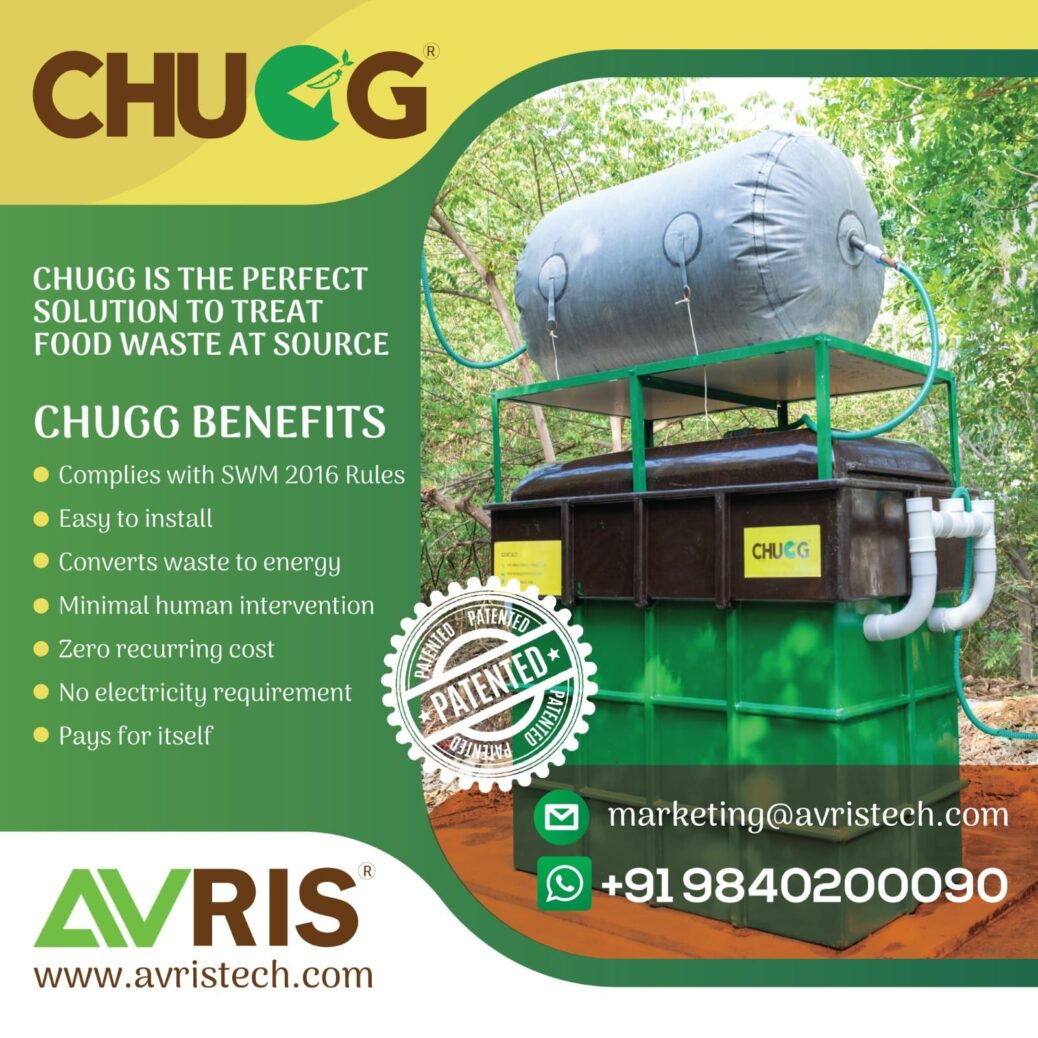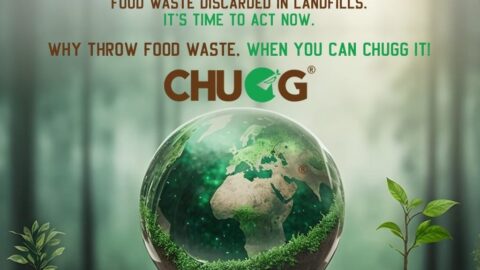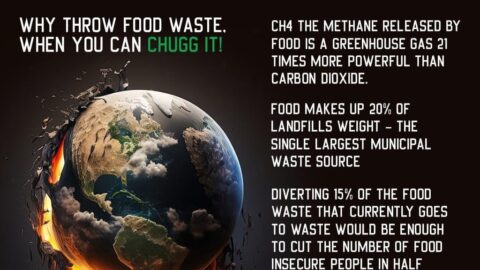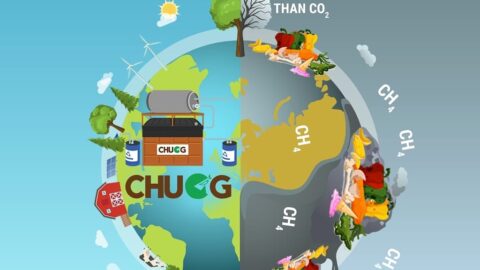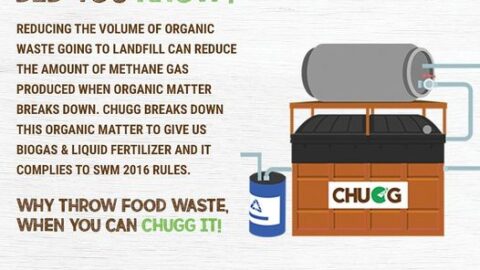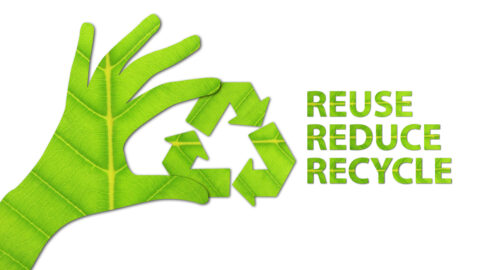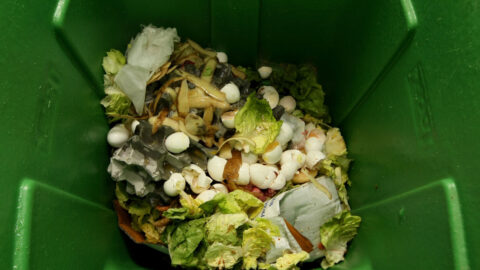Introduction
Any organization must have effective waste management, but it is especially crucial when processing waste internally. Businesses all around the world are realizing how important it is to lessen their environmental impact, and how important it is to handle garbage properly. This article examines how sustainable solutions might transform internal waste management.
The Importance of Sustainable Solutions for In-House Waste Handling.
In addition to being crucial from a sustainability perspective, waste management has important economic ramifications. Businesses can reduce their disposal expenses and enhance their environmental performance by using proper waste management. While enhancing their financial performance, businesses can lessen their environmental impact with the aid of sustainable solutions.
Sustainable Solutions for In-House Waste Handling
Businesses may improve their internal waste handling by adopting a number of sustainable options. Several of these options include:
1. Elimination of waste and reduction
Waste minimisation and reduction are some of the most effective sustainable solutions. Finding methods to cut back on waste generation is a necessary step in this process. This can entail putting recycling programmes into place, cutting down on packaging waste, and motivating staff to use sustainable practices.
2. Recycling Initiatives
Businesses can reduce their environmental impact by implementing recycling programmes, which divert recyclable materials from the waste stream and encourage sustainable practices. Businesses may drastically cut the quantity of waste sent to landfills by sorting waste products and reusing them. Additionally, using recycled materials might result in cost savings.
3.Composting
Another environmentally friendly method that businesses can use to lessen their impact on the environment is composting. This entails turning organic waste into compost that is nutrient-rich and useful for gardening and landscaping. Additionally, composting can encourage sustainable practices and assist lessen the quantity of garbage that is dumped in landfills.
4. Energy Restoration
A sustainable method for waste management is energy recovery, which entails turning garbage into energy. This can be accomplished using a variety of techniques, including anaerobic digestion, gasification, and incineration. Businesses can promote sustainable energy practices and lessen their reliance on fossil fuels by engaging in energy recovery.
5. Reuse and Repurpose
Reduced environmental effect can also be achieved by enterprises through the reuse and repurposing of resources. Reusing materials that would otherwise be thrown away is an effective strategy that companies may use to cut waste and advance sustainability. For instance, discarded furniture can be restored and repurposed, and scrap metal can be utilized for other things.
Sustainable Solutions: Transforming In-House Waste Handling
Adopting sustainable solutions can improve internal waste management and encourage environmentally friendly behavior. Businesses can dramatically lessen their influence on the environment by putting recycling programmes, composting, energy recovery, and waste reduction measures in place. These solutions may also result in cost savings and help the organization present a favorable public image.
How CHUGG food waste treatment system help with in house waste handling
Particularly with regard to food waste, there are a number of issues that might arise, such as foul odors, bug infestations, and higher trash disposal expenses. However, an inventive and long-lasting response to these problems is provided by the CHUGG food waste treatment system.
Organic waste is gathered from a variety of places, including homes, restaurants, and food processing businesses and is sorted and fed to CHUGG- Food waste treatment system. Examples of this waste are leftover food scraps, peels, and damaged produce. The food waste is processed using nanotechnology after it has been collected. The trash is mechanically reduced to tiny particles at this stage, giving it a finer consistency.
The waste is then exposed to anaerobic bacteria and other microorganisms, which starts the bioconversion process. In the absence of oxygen, these microbes decompose the organic waste to produce Biogas, a significant energy source with numerous uses, primarily composed of methane. It can be removed from the system and applied in a variety of ways. It can be used as cooking fuel in kitchens, reducing reliance on traditional fossil fuels, which is one typical application.
In addition, it produces biofertilizer, a nutrient-rich byproduct. A nutrient-rich slurry is produced as a result of the digestion of organic waste, which can then be further processed and segregated. A healthy, natural alternative to synthetic fertilizers, the resulting biofertilizer is produced. It promotes the use of sustainable farming practices and improves soil health while also supplying essential plant nutrients.
Communities of people and businesses may lessen their impact on the environment, produce renewable energy, and encourage sustainable waste management practices by utilizing this cutting-edge solution.
Who can benefit from CHUGG- Food waste treatment system
An inventive solution that can help a variety of enterprises and industries, especially those that produce a lot of food waste, is the CHUGG food waste treatment system. These consist of:
Restaurants and cafés: Every day, restaurants and cafes produce significant amounts of food waste, which can smell bad and draw bugs. These enterprises may lower their waste disposal expenses, improve the environment’s cleanliness, and lessen their environmental effect with the use of the CHUGG food waste treatment system.
Hotels and resorts: Through their dining establishments, banquets, and room service, hotels and resorts produce a large amount of food waste. These firms may lower their waste disposal expenses, project a more sustainable and environmentally friendly image, and have a less environmental effect with the aid of the CHUGG food waste treatment system.
Hospitals and healthcare institutions: From their kitchens and patient meals, hospitals and healthcare facilities produce a lot of food waste. These facilities may save money on trash disposal, keep their surroundings clean, and project a more sustainable and environmentally friendly image with the use of the CHUGG food waste treatment system.
Schools and colleges: From their cafeterias and dining halls, schools and universities produce a lot of food waste. These institutions may save money on trash disposal, encourage sustainability among students, and create a cleaner, more hygienic atmosphere with the use of the CHUGG food waste treatment system.
Food processing and manufacturing facilities: These facilities produce a large amount of food waste during their production processes. These companies may lower their waste disposal expenses, adhere to environmental requirements, and promote sustainability with the use of the CHUGG food waste treatment system.
In conclusion, organizations wishing to upgrade their internal waste handling procedures should strongly consider the CHUGG food waste treatment system. This ground-breaking method not only lowers trash disposal expenses but also encourages sustainability, lessens environmental effect, and improves workplace hygiene. Businesses may show their dedication to sustainable practices and help create a more sustainable future for everyone by putting this system into place.

